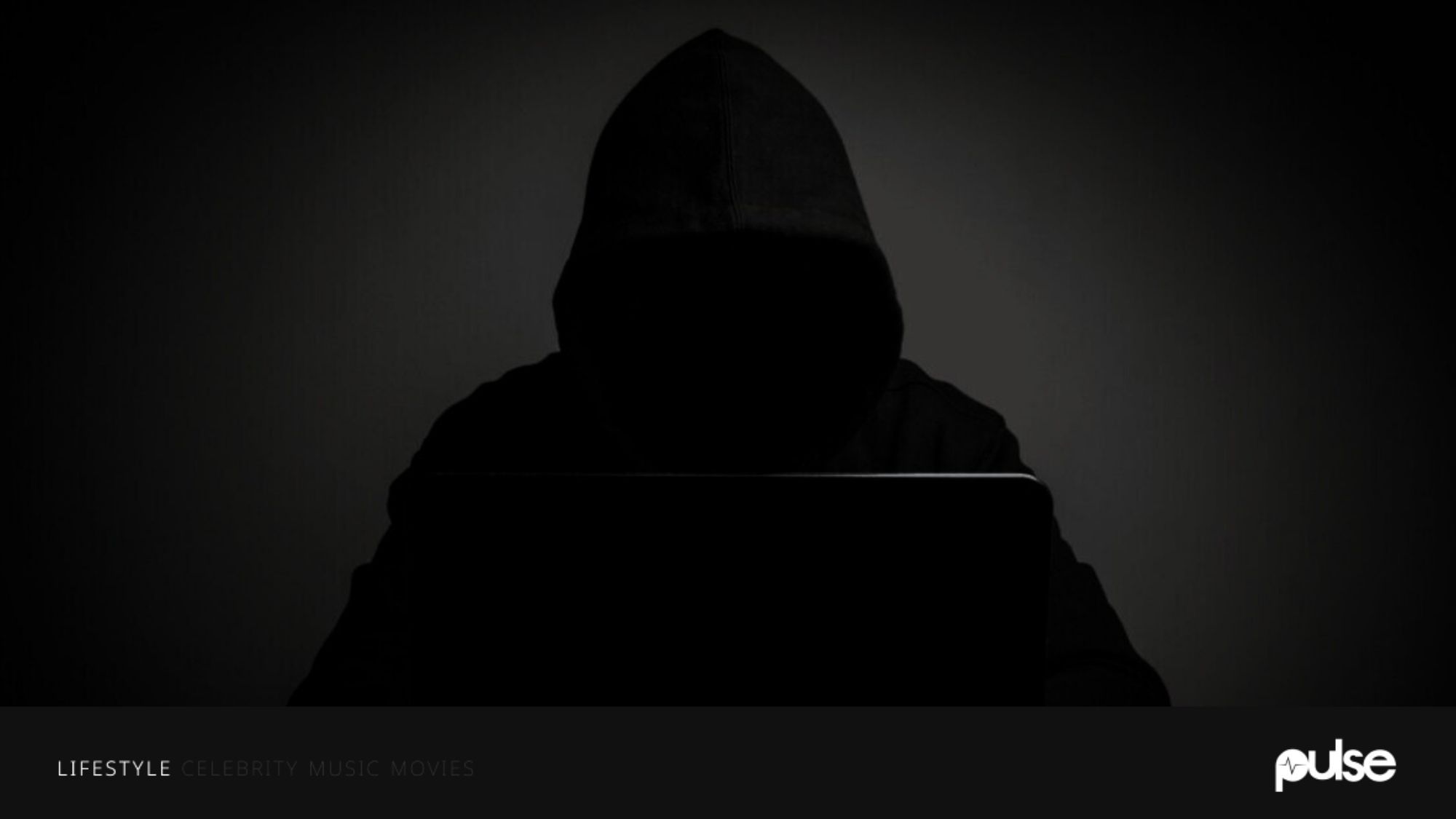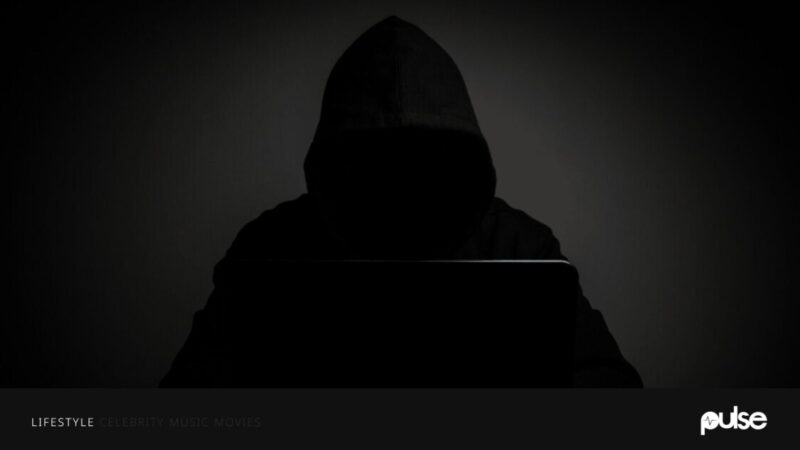
The glittering success stories you see are built over a treacherous foundation of six deadly, targeted scams. Forget old-school 419. These new scams are sophisticated, digital, and often deployed by individuals who appear and sound genuine.
It is no secret that the Nigerian creative sector (Afrobeats, Nollywood, and the influencer hustle) is the only thing truly winning on the global stage. Yet, the very scene that promises your breakthrough appears to be rigged with sophisticated traps designed to bleed you dry.
They weaponize your desperation for fame, your need for capital, and your absolute belief that your talent deserves to be seen. If you’re really looking to make a splash in the industry, the biggest threat to your bank account isn’t the government or the economy; it’s the anonymous fraudster hiding in your DMs, disguised as your ‘destiny helper’.
In this article, we uncover six of the most dangerous scams targeting Nigerian entertainment professionals right now.
1. The Fake Promoter Advance Fee
For many hungry creatives chasing fame, this scam feels like the golden ticket – until it isn’t. The con starts when a slick “A&R rep” or self-acclaimed “international promoter” slides into your DMs, promising you a dream record deal or a star-studded collaboration. They drop big names, flash fake contracts, and sell the fantasy of overnight success.
"The guy said I should pay for form"
😭At the age of 13, Seyi Vibez got scammed because he wanted to join Wizkid's StarBoy Records. pic.twitter.com/xFojbHfqHA— @𝗼𝗻𝗲𝗷𝗼𝗯𝗹𝗲𝘀𝘀𝗯𝗼𝘆 (@OneJoblessBoy) May 23, 2024
Then comes the hook: before your “deal” can be finalized, you’re told to pay an advance fee. It could be ₦1.5 million for a “producer’s mix,” or ₦2 million for a “legal retainer.” It sounds like a meaningful price for stardom, right? Wrong. The moment you transfer the money, the so-called rep disappears. Their phone? Off! Socials? Wiped! Dreams? Shattered.
This fraud radio queen, in every emerging artists dm offering radio services, once you pay, she blocks you or goes ghost, aunty your day is coming.
— 'Timi Kevin Asaju 🪢 (@TheKevinAsaju) April 16, 2025
2. The “Fake Brand Ambassador” Trap
It always starts with that one flattering DM: a “brand rep” from a well-known company slides into your inbox, praising your content and offering you a mouthwatering endorsement deal. The page looks legit: talk about a logo, polished posts, maybe even a blue tick clone. Everything screams opportunity!
Then comes the catch. To “secure your slot” or “process your contract,” you’re asked to pay a small registration or onboarding fee, in some cases ₦10,000, maybe ₦50,000.
Once the payment is made, the so-called rep vanishes in an instant. The page is deleted, the number stops connecting, and reality hits hard.
Real brands don’t charge you to work with them, they pay you. Before sending a dime, always confirm through the brand’s official website or verified contacts. Remember, if it sounds too good to be true, it probably is.
3. Sextortion and Blackmail
This is the most brutal and soul-crushing scam of them all. Sextortion is a digital ambush that feeds on fear, shame, and the high stakes of fame. Scammers target rising stars and influencers, especially women, by gaining access to private photos, intimate videos, or explicit messages.
Sometimes it starts with a fake online romance; other times it’s through hacked iCloud accounts or forgotten devices left unprotected.
Once they have the material, the threats begin. The blackmailers demand huge, untraceable payments, often in Bitcoin or via shady money channels, while threatening to leak the content to gossip blogs and social media platforms.
In 2021, the Afrobeats Queen publicly revealed that she was being blackmailed with a private video featuring her and her partner before the tape was eventually leaked. She chose to address the issue head-on, highlighting the predatory nature of the extortionists.
In 2022, singer Oxlade confirmed that he had been subjected to blackmail attempts involving his private videos before they were leaked on social media. He later disclosed the immense personal and professional cost of the scandal, including the loss of endorsement deals totalling a staggering ₦400 million, forcing him to seek rehabilitation abroad due to the intense pressure.
4. Unlicensed Crypto/AI Ponzi Schemes
I think it’s fair to say Nigeria has had it’s fair share of the ponzi scheme pandemic; the so-called “AI-powered investment” promising to double your money in weeks.
These slick online platforms, like the now-collapsed CBEX, lure desperate Nigerians with the magic words: crypto, AI, and guaranteed profit. But behind the buzzwords is the same old Ponzi trick, which involves using new investors’ money to pay off earlier ones until it all comes crashing down.
The real heartbreak? They rope in your favourite influencers, comedians, and actors, to push the scam. They flash screenshots, boast about earning ₦5 million in “trading profits,” and flood social media with fake testimonials.
Believing them, you stake your savings, your rent, even funds that don’t belong to you, convinced it’s your turn to win and double up.
When withdrawals suddenly stop and the site disappears, the story changes. The influencers issue half-hearted apologies, claiming they were “misled,” while you’re left broke and betrayed.
Any platform guaranteeing ridiculously high returns through “AI” or “crypto” is a ticking time bomb, and there’s no amount of celebrity hype that can make it legit.
5. Intellectual Property Theft & Royalty Hijack
This is the silent assassin of the Afrobeats scene, killing a creator’s legacy while they’re busy chasing the next hit.
While you’re busy chasing the next hit, a snake in your circle; maybe an ex-manager, rogue distributor, or data handler, quietly registers your songs, film scores, or soundtracks under their name with royalty bodies like COSON, BMI, or ASCAP.








